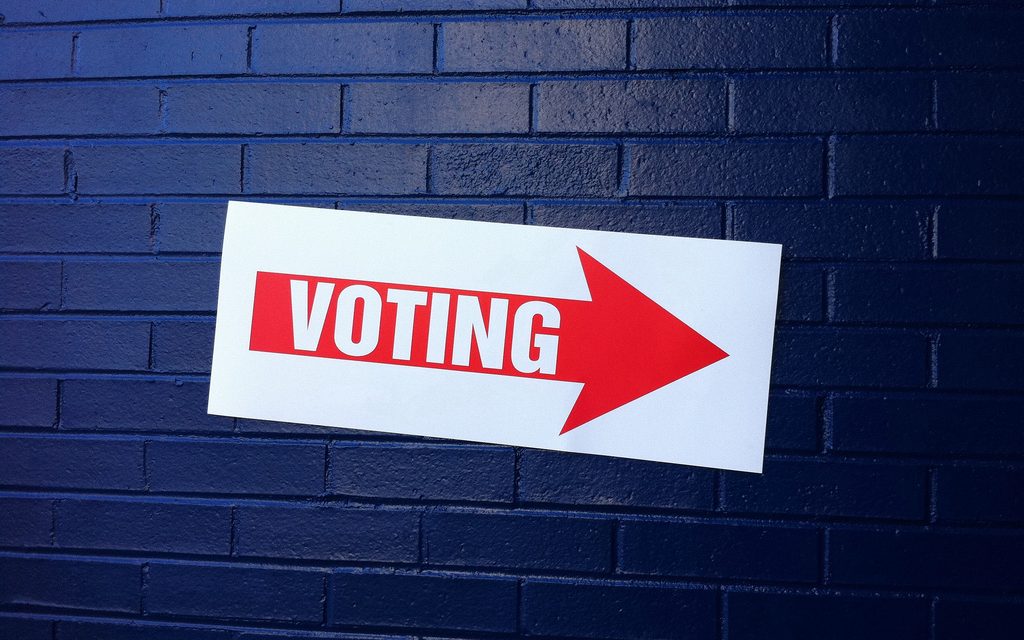Today, America’s Voice released a report, The Power of the Latino Vote in the 2010 Elections: They Tipped Elections in 2008; Where will they be in 2010? The report analyzes forty battleground “Races to Watch” where the Latino vote will be pivotal to both parties. The report notes that “as the Latino electorate grows in size and power, candidates from all political parties must take their views into account to remain viable in an increasing number of House and Senate races as well as future Presidential contests.” This is because “at least one segment of the Latino electorate—foreign‐born, naturalized U.S. citizens of Latino descent, who represent 40% of the Latino voter population—has proven to be a true swing constituency.” In other words, when both parties are supportive of the Latino community and their needs, this Latinos sub-group can swing towards either party. For this group of voters however, immigration reform is a litmus test, and how each candidate treats the issue will be a key factor in determining which way the Latino voters will swing.
However, how important is immigration reform to the Latino community given the number of social and economic challenges the nation faces? The report explains:
The potency of immigration as a ‘voting issue’ should not be underestimated. Both polling data and Hispanic voting behavior over multiple election cycles shows that immigration serves as a lens through which Latinos assess the political environment and candidate attitudes not just toward immigrants, but toward their community as a whole. In a May 2009 poll of Latino voters by Bendixen & Associates, 82% of Latino voters said that the immigration issue is important to them and their families, and 69% said that they personally know someone who is undocumented.
The report also serves as a stark warning to politicians as the election cycle begins anew:
Polling of Latino voters shows that the Republican Party’s image has been severely damaged by GOP lawmakers’ demagoguery on the issue, and that the vast majority of Latinos simply will not vote for a candidate who advocates mass deportation instead of comprehensive immigration reform. That said, if Democrats fail to show real leadership and keep their campaign promises to advance comprehensive immigration reform, they run the risk of alienating Latinos or facing depressed Latino turnout during the crucial 2010 elections. Politicians of both parties also need to approach the issue responsibly during their election campaigns. Heated rhetoric coupled with unrealistic policy solutions like mass deportation will turn off both the crucial Latino voting bloc and other swing voters, who are tired of Washington policymakers talking tough, but delivering little.
Yet, despite hard data, there will still likely be those politicians who are spooked by the vocal anti-immigrant movement. However, Frank Sharry of America’s Voice warns them not to overestimate the power of these groups—“anti-immigrant groups and their supporters don’t turn elections but turn on their fax machines during a congressional debate.” Smart politicians will listen to a proven voting contingent and not be swayed by a vocal minority.
Photo by Columbia City Blog.


